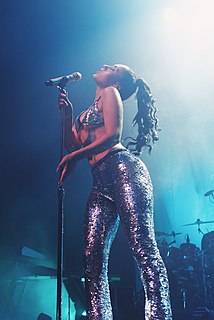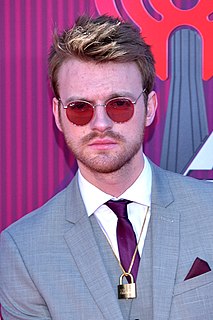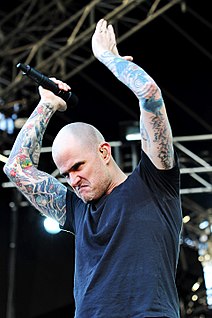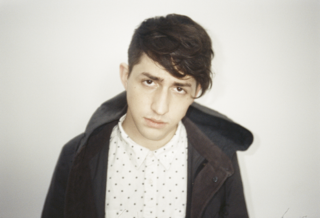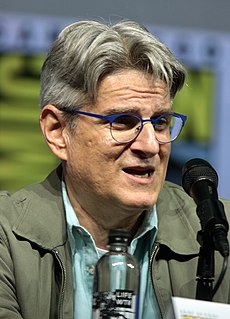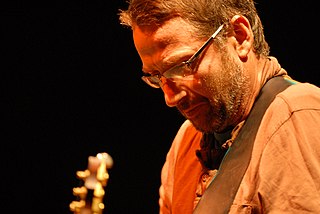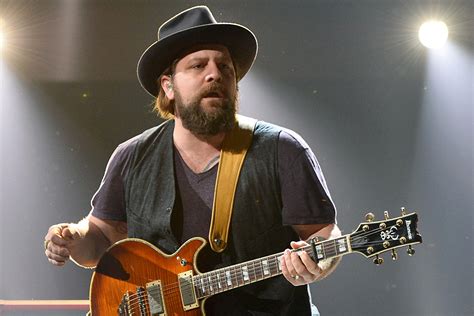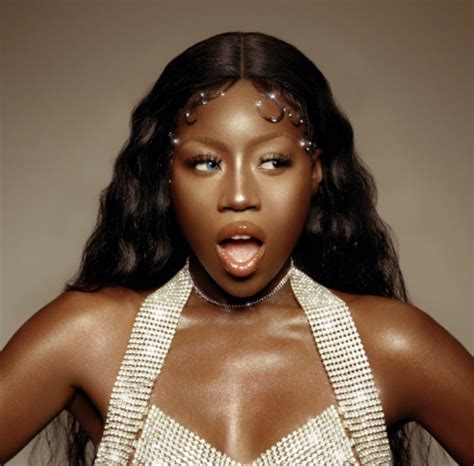A Quote by Kali Uchis
When I'm making a song, I try not to think about audience or genres. It's free-flowing. Natural.
Related Quotes
Honestly, when you start talking about genres, you're talking as much about the business side of writing as anything else. Certainly there are elements of reader expectation that play into various genres, and those are important, but it also becomes about packaging, placement, audience....In the end, I'm not a fan of labels. I think the best fiction blurs the boundaries between genres, stretches and breaks them.
An audience will let you know if a song communicates. If you see them kind of falling asleep during the song, or if they clap at the end of a song, then they're telling you something about the song. But you can have a good song that doesn't communicate. Perhaps that isn't a song that you can sing to people; perhaps that's a song that you sing to yourself. And some songs are maybe for a small audience, and some songs are for a wide audience. But the audience will let you know pretty quickly.
I don't think about the audience, I don't think about what makes them happy, because there's no way for me to know. To try to think of what makes for entertainment is a very Japanese thing. The people who think like this are old-fashioned. They think of the audience as a mass, but in fact every person in the audience is different. So entertainment for everyone doesn't exist
I think every time I play, every show is different, and I think that at a certain point a song isn't about you anymore. It's about the audience, it's about how the song has worked its way into other people's lives and that kind of keeps the meaning of the song new, because you see it reflected in other people every night.
